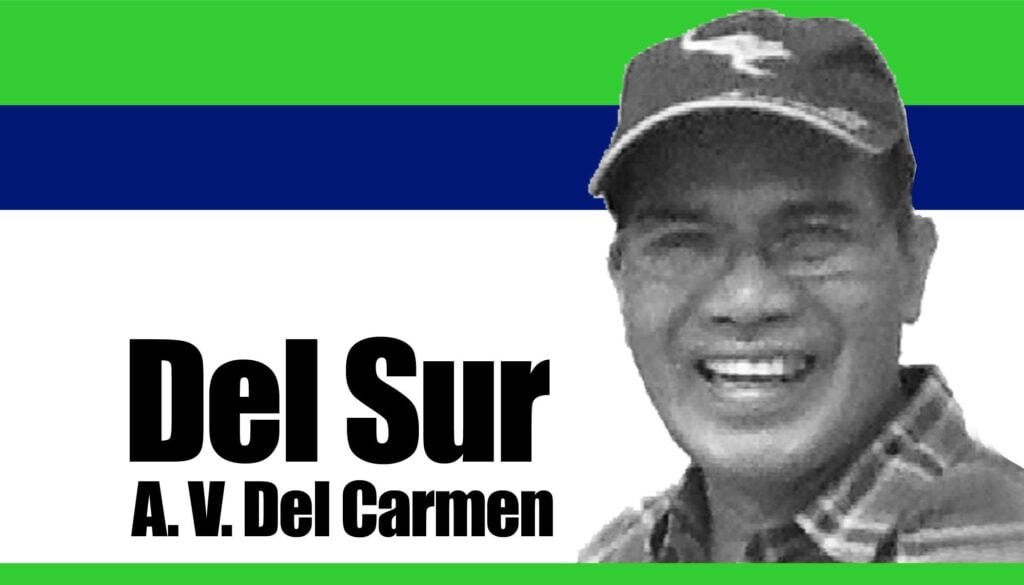
News organizations all over the world bannered the findings of a United Nations study showing that the ozone, that protective layer in the upper atmosphere that blocks skin cancer-causing ultraviolet radiation from the sun, is healing.
The New York Times described this development as “BIG News”.
The reports said that efforts to mend that important shield in the atmosphere is working “as global emissions of ozone-harming chemicals continue to decline,” according to the Washington Post.
The Associated Press, quoting the UN report, said that the healing process comes in a slow but noticeable pace and would fully mend the hole over Antarctica in about 43 years.
The recovery process, AP further said, comes after over 35 years since nations agreed to stop producing chemicals that destroy the ozone layer. Mentioned in reports in particular is the current efforts of China in starting to crack down on rogue emissions of banned ozone-destroying chemicals.
The positive development has led scientists to believe that the polar regions should reach ozone levels in the pre-1980 period (prior to the pre-thinning) by around 2040.
What is the lesson humanity gained from the apparent healing phenomenon – the thickening of the layer?
Scientists believe that its restoration is a key toward security and the health of both humans and Planet Earth, including the growth of plants and restoring their ability to store planet-warning substances.
Just as important, as Washington Post said, the ozone recovery serves as “a proof that societies can join to solve environmental problems and combat climate change.”
***
While we welcome the ozone layer development with a tinge of optimism, we must, however, contend with the here-and-now that the LPA-triggered rains and climate change have brought us.
Two days of not-so-heavy yet continues rains have descended upon us, inundating many communities and stalling plenty of human activities, including schools businesses and government daily operations.
Among the flooded communities in Cauayan, my hometown, is Barangay Caliling, where the river usually overflows, threatening dozens of families in the area.
Many residents are still nursing memories of a similar plight when Typhoon Paeng lashed southern Negros late in October last year.
We must remain watchful and vigilant of the ill effects and risks caused by the climate crisis.
***
Having majored in Philosophy in my A.B. course, I have been guided by my “Think Well, Speak Well and Write Well” plumbline in professional life, particularly in my journalism career.
For this reason, I am privileged to be one in spirit and thought with proponents, supporters and followers of World Logic Day, an observance spearheaded by UNESCO on Saturday, Jan. 14.
Logic as a Social Science discipline is a branch of Philosophy that focuses on the principles of reasoning, thereby playing a vital role in the development of philosophy and the sciences.
Humans have been blessed with the gift and ability to think which logic brings and sharpens.
WLD commemorates on Jan. 14 both the death of Kurt Gödel (1978) and the birth of Alfred Tarski (1901), two of the 20th century’s most prominent logicians.
The observance aims at “fostering international cooperation, promoting the development of logic, in both research and teaching, supporting the activities of associations, universities and other institutions involved with logic.”
Likewise, it is “enhancing public understanding of logic and its implications for science, technology and innovation.”
WLD proponents, furthermore, believe that the day also “contributes to the promotion of a culture of peace, dialogue and mutual understanding, based on the advancement of education and science.”
Underscoring the significance of the celebration, UNESCO Director-General Audrey Azoulay said: “Indeed, now, more than ever, the discipline of logic is utterly vital to our societies and economies,” as she pointed out that “computer science and digital technology, which provide the structure for today’s ways of life, are rooted in logical and algorithmic reasoning.”
We join in celebrating this week the power of reasoning as we reiterate that it is only when we are rooted in the discipline of thinking well that we can speak and write well and make sensible decisions in our personal, social and community life.
***
Do not pollute the land where you are. Bloodshed pollutes the land, and atonement cannot be made for the land on which blood has been shed, except by the blood of the one who shed it. (Numbers 35:33) – NWI




